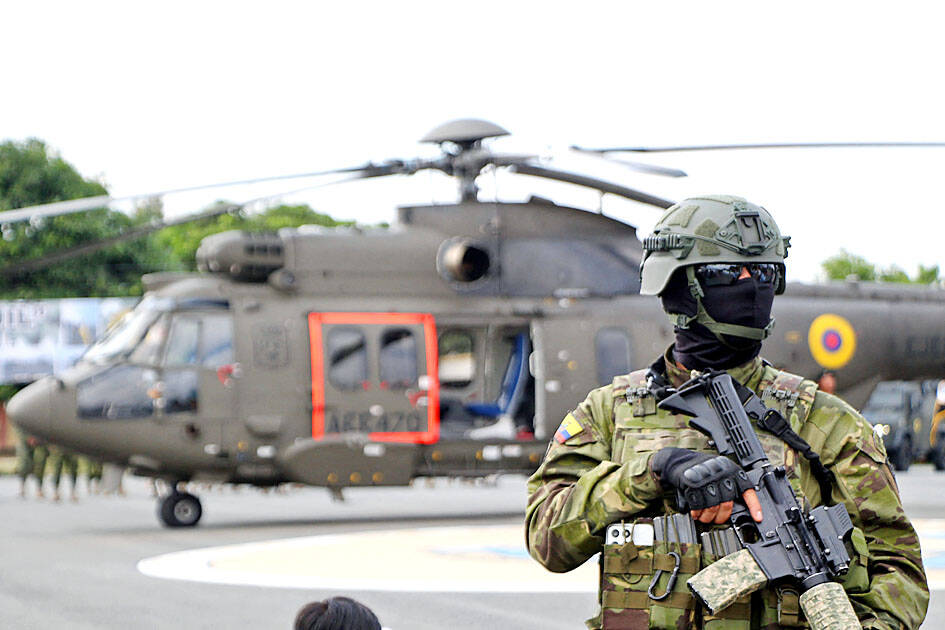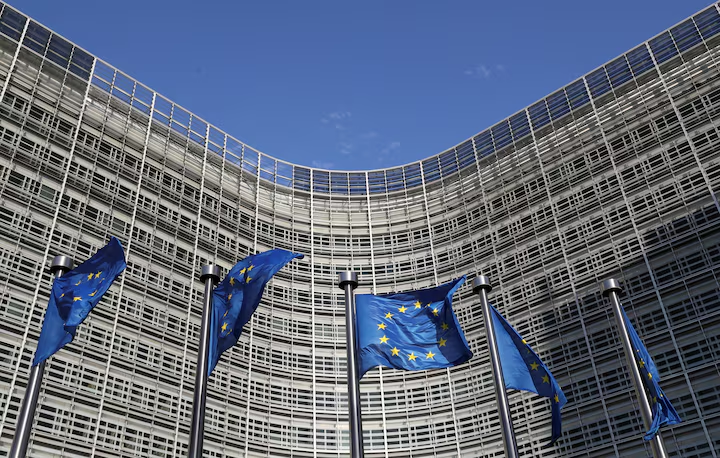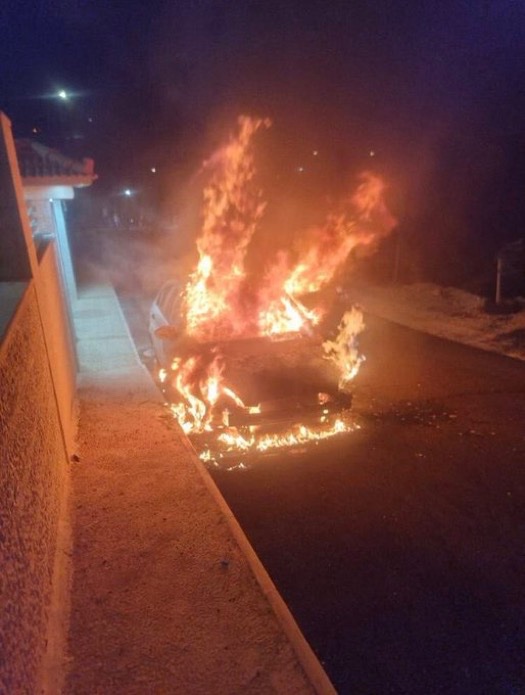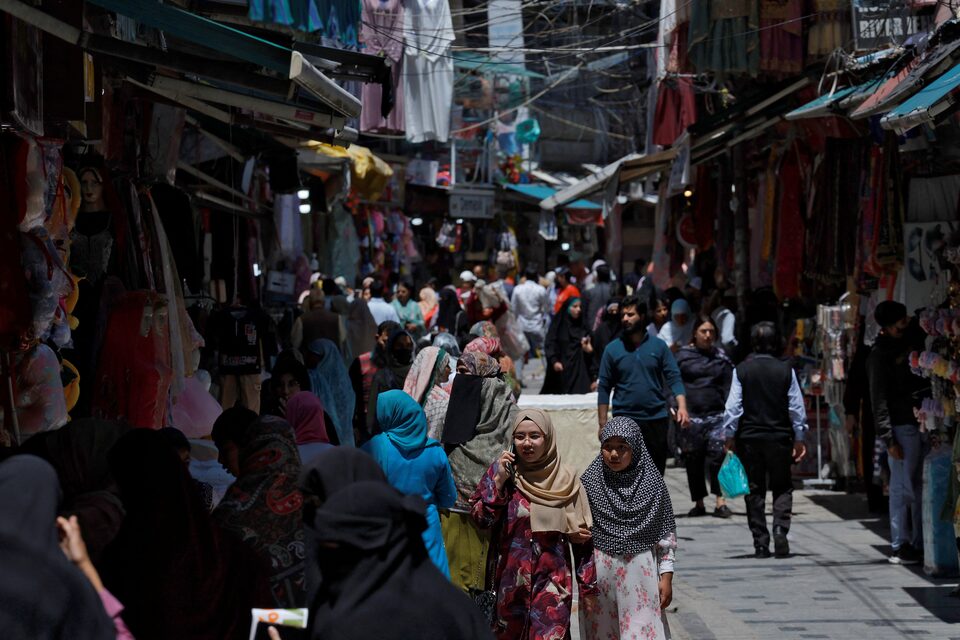The National Assembly of Ecuador has approved a sweeping set of legal reforms, empowering authorities to combat escalating gang violence and dismantle extensive organized crime networks that have entrenched themselves in the nation’s social and economic fabric.
With 84 of the 141 lawmakers present voting in favor, the reforms—backed by President Daniel Noboa—grant the government expanded legal authority to declare certain criminal acts as elements of an “internal armed conflict.” This designation enables more aggressive and coordinated use of military and security forces in operations aimed at eradicating gang strongholds.
The legislation targets criminal groups involved in drug trafficking, illicit mining, fuel theft, and other illegal activities that have escalated gang influence in the country. Lawmakers approved longer sentences for fuel theft (up to 30 years), and authorized expedited asset seizure of criminal enterprises, bypassing standard legal procedures to prevent suspects from evading consequences.
President Noboa, 37, who entered office in November, described the situation as “an internal armed conflict.” In January of last year, he issued executive decrees deploying military and police forces to urban and rural areas severely impacted by gang violence. The new legal framework now enshrines that decree into law, providing his administration with broader judicial backing.
“These reforms give us the legal tools needed to confront the threat posed by criminal gangs,” President Noboa told reporters. “We are responding to a serious public safety crisis, and this vote shows a national consensus to take strong action.”
Besides criminalizing fuel theft, which authorities say has cost the oil industry hundreds of millions of dollars annually, the bill increases penalties for other financially motivated crimes. It also offers provisional pardons to security personnel who commit misconduct during authorized operations, an effort aimed at ensuring operational confidence and preventing legal overreach.
Critics, including human rights groups, warn the law could lead to abuses. Those accused of excessive force suggest the broadened powers risk undermining civil liberties. “While the intention to curb gang activity is understandable, safeguards must be included to avoid human rights violations under the cover of security operations,” stated Javier Gálvez, a director at the civil liberties advocacy group Fundación Paz y Derechos.
In response, government officials defended the bill, emphasizing rigorous oversight mechanisms. President Noboa’s office reiterated that military and police actions will be monitored, and courts will retain the power to pursue abuses.
The legislation also mandates periodic reviews of its impact, including civilian oversight provisions. Gálvez acknowledged those measures, stating they were a promising step toward balancing public safety with individual protections. “We’ll be watching closely to ensure these protections are respected in practice,” he noted.
Analysts observe that Ecuador, like other Latin American countries, has struggled with criminal groups infiltrating political and economic spheres. The reforms echo measures taken by Mexico and Colombia in previous decades, where military involvement was crucial in combating drug cartels and gang networks—but also sparked long-running debates about policing militarization and rights.
Cities like Guayaquil have experienced gang-controlled neighborhoods and soaring rates of violence. In response, President Noboa previously enacted a series of state-of-emergency protocols, combining social programs with public security crackdowns. That hybrid approach—social reinforcement underpinned by legal and military power—has now been mapped into legislation.
Opposition lawmakers abstained and majority dissenters questioned the broad definition of “internal armed conflict.” However, they recognized that voters demanded decisive solutions to drug violence, kidnappings, and fuel theft. “Criminal gangs have exploited legal loopholes for too long,” said an unnamed opposition leader. “This law strengthens our ability to push back.”
Moving forward, Ecuador’s security forces are set to intensify operations in known gang territories. The government has committed to linear progress, with judicial review procedures and continuous legislative oversight to check for abuse. International partners, including the United States, Colombia, and regional security bodies, have expressed support for Ecuador’s strengthened stance, focusing on crime finance and operational coordination.
As Ecuador deploys its newly sanctioned tools, the world will closely track whether robust legislation can deliver safer streets—or whether expanded security powers may erode civil rights—highlighting the delicate balance Latin American democracies face in confronting organized crime.
Source: Taipei Times via Reuters



